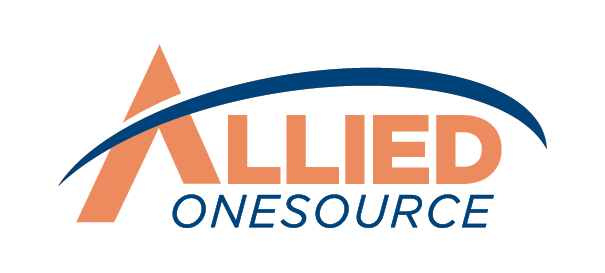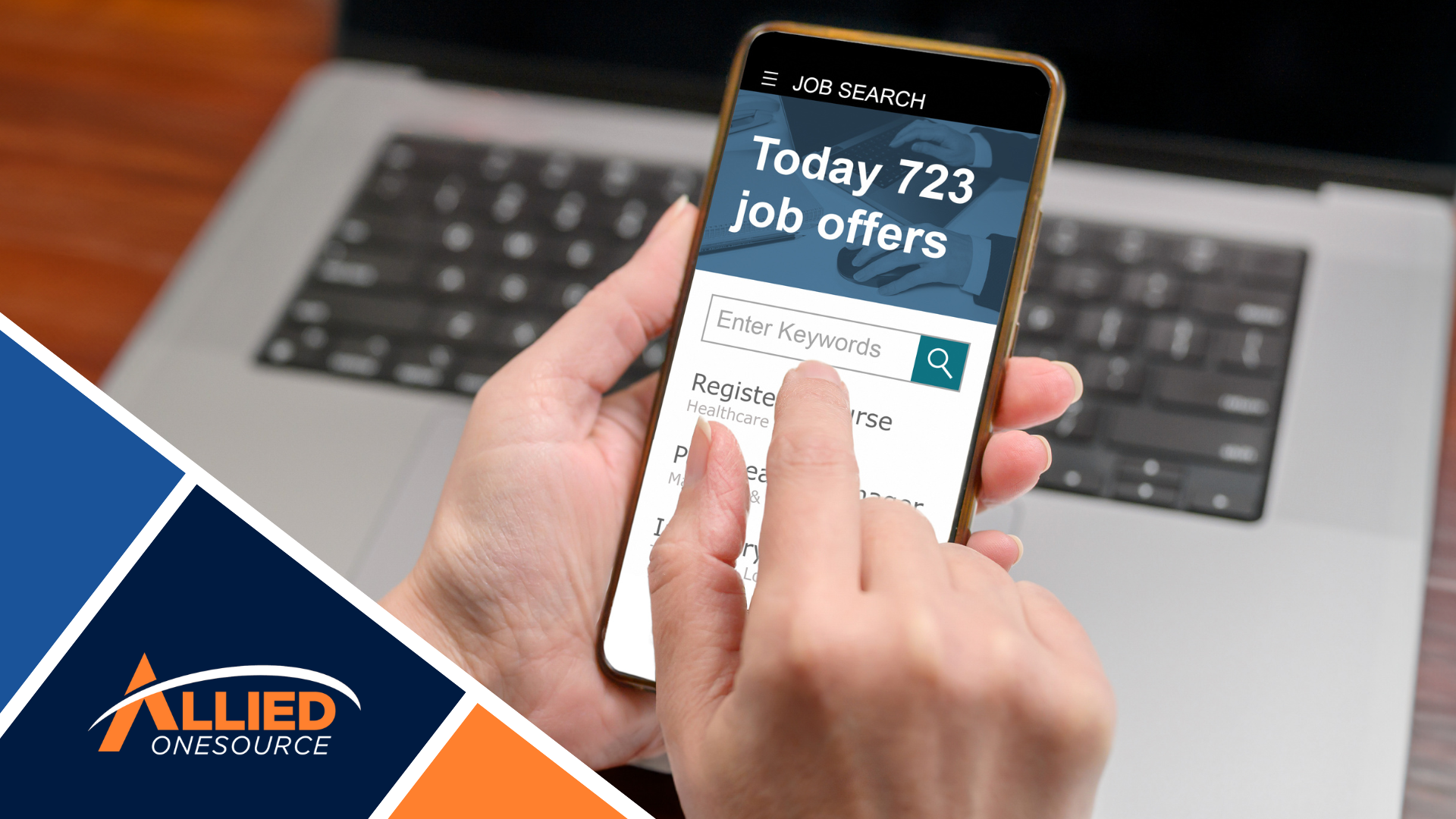8 Things An Employer Needs to Know When Hiring Gen Zs
Employers often struggle with engaging and retaining the newest generation in the workforce. Gen Z, with its distinct perspectives and priorities, introduces fresh challenges to the workplace. Some companies find this generation perplexing, unsure of their work motivations or how to attract them.
This apprehension arises from unfamiliarity with Gen Z's attitudes and desires regarding work, making it difficult for organizations to establish mutually fulfilling working relationships. When hiring Gen Z, we'll explore concerns and considerations to help you cultivate a productive and harmonious work environment with the younger workforce.
Understanding the Gen Z Workforce
Generation Z (Gen Z) was born between 1997 to 2012. This generation prioritizes social responsibility, diversity, work-life balance, and tech-savvy adaptability. Employers leveraging these traits can effectively attract and retain Gen Z talent. This is crucial for shaping the future workforce, as by 2025, Gen Z is projected to comprise 27 percent of the global workforce.¹
Here are the ways they view their employment compared to other generations.
Generation Zs and younger Millennials are more disengaged in the workplace.
Gen Z and younger Millennials are slightly more likely than older generations to feel ambivalence in the workplace. Research shows 54 percent of Gen Zs and young Millennials are disengaged, versus 51 percent for older Millennials, 49 percent for Gen X, and 50 percent for Baby Boomers.²
A few key factors contribute to this trend:
- Younger workers often lack mentors and struggle to form interpersonal bonds with colleagues due to limited face time. With more isolated or independent roles, they miss out on networking and relationship-building.
- As new workforce start their careers, younger employees are less invested in companies. They are still exploring options and may have unrealistic expectations of rapid advancement.
- Entry-level work does not always provide the skill-building and challenges younger workers expect. Repetitive administrative tasks lead to boredom.
They face greater stress and burnout.
Younger employees are also reported to experience higher rates of stress and burnout compared to older employees, with 68 percent of Gen Zs and younger Millennials reporting feeling stressed often.
This is because younger workers take on early career and student debt burdens, leading to financial anxiety. Additionally, as digital natives, Gen Zs feel constant pressure to be online and responsive to work communications. The inability to set proper boundaries fuels burnout.
Without adequate work experience, younger employees struggle with workload and time management skills needed to balance personal and professional demands. This can make them more likely to quit their jobs and job hop.
Read More: World Mental Health Day 2023: Incentives and Programs to Drive Employee Well-Being
They value job flexibility and security.
Research indicates that Gen Z holds distinct attitudes toward employment compared to previous generations. According to a McKinsey survey of over 25,000 Americans, 25 percent of Gen Z individuals are likely to work multiple jobs, while 51 percent pursue independent work. In contrast, only 16 percent and 36 percent of older workers engage in similar practices.³
This preference arises from concerns over long-term financial security. Growing up during recessions and economic volatility has made Gen Z skeptical of traditional employment's ability to provide stability. Twenty-six percent report that their income prevents them from enjoying a good quality of life, compared to 20 percent of other age groups. Additionally, over half feel less recognized and rewarded at work.
Consequently, Gen Z is more inclined toward self-employment, side gigs, and changing jobs to find fulfillment. Case in point: 77 percent state they are actively looking for new roles, compared to 58 percent of older workers. Rather than viewing job hopping negatively, Gen Z sees it necessary to expand skills, income streams, and personal growth opportunities on their terms.
They want to do meaningful work.
According to Gen Z health and employment expert Julie Lee, the director of technology and mental health at Harvard Alumni for Mental Health, Gen Z wants meaningful work.⁴ With this comes wanting a sense of autonomy, work-life balance, flexibility, and collaboration. They are less afraid to ask for things others truly want and need.
Growing up during tough economic times, Gen Z values flexibility and meaningful work. Their focus on well-being and career advancement isn't about laziness but seeking personal fulfillment.
Read More: Leveraging 5 Benefits of Hiring Older Employees
Hiring Gen Zs: What Employers Need to Know About Attracting and Retaining Gen Z Talent
Here are things to keep in mind.
Related Article: 9 Effective Ways to Speed Up Your Hiring Process
1. Embrace Flexible Work Arrangements
Offer diverse work setups, including in-office, remote, and hybrid scheduling options. Providing this flexibility empowers Gen Z employees to balance their work commitments with personal obligations effectively. By granting them autonomy to tailor their workflows according to their needs, you foster trust but also promote seamless integration between work and life
2. Provide Growth and Developmental Opportunities
Offer access to training programs, mentorship opportunities, and career growth tracks. This could include participation in online courses, enrollment in leadership development programs, and access to industry conferences. Implementing frequent feedback sessions and individualized development plans further fosters professional growth.
These plans might involve setting specific goals, attending skill-building workshops, or receiving coaching sessions tailored to individual needs. Such initiatives enhance skills and boost satisfaction and commitment to the company.
3. Prioritize Well-being and Mental Health
Establish a welcoming workplace culture that promotes mental wellness by providing resources such as wellness centers, counseling services, and mindfulness campaigns.
Encourage work-life balance, offer mental health days, and strive to diminish the stigma surrounding mental health issues. These initiatives all help create a supportive and encouraging work environment for Gen Z employees.
4. Show Gen Z Their Purpose and Impact
Employers can attract and retain Gen Z workers by effectively communicating their company's vision, values, and contributions to society. This could involve community service projects, supporting social responsibility programs, or partnering with nonprofit organizations to address global issues.
Offering opportunities for employees to volunteer, participate in environmental sustainability efforts, or contribute to initiatives that promote diversity and inclusion demonstrates a commitment to making a positive impact beyond the workplace. These actions resonate with Gen Z's aspiration to contribute to greater good and leave a lasting impression on the world.
Related Article: 5 Tips To Creating and Implementing an Inclusive Work Environment
5. Offer Competitive Pay and Benefits
While Gen Z values meaningful work, attractive compensation and perks are still key in attracting and retaining them. Employers should conduct market research to ensure competitive pay packages reflect their abilities and contributions.
Additionally, benefits like health insurance, retirement plans, and additional perks like student loan assistance or tuition reimbursement enhance the overall value proposition. These measures demonstrate care for their future and well-being while reinforcing their organizational importance.
6. Leverage Technology and Communication
Since Gen Z is the first generation to have grown up entirely in the digital era, technology integration in the workplace is essential to them. Employers must use technology to expedite procedures, promote teamwork, and give workers access to modern tools and platforms.
No matter where they work, Gen Z employees can engage easily and feel informed thanks to open and transparent communication channels, including project management software, video conferencing, and instant messaging apps.
7. Solicit Feedback and Encourage Open Communication
It's essential for employers to actively seek input from Gen Z workers and foster transparent dialogue within the company.
Motivating employees to voice their ideas and contribute to company improvement through anonymous surveys, town hall meetings, and regular check-ins.
This ensures that employees feel valued and their voices heard, leading to a more engaged and empowered workforce.
8. Support Diversity and Inclusion Efforts
Gen Z is committed to social justice and inclusivity. Employers can attract and retain Gen Z workers by showcasing a strong commitment to diversity and inclusion initiatives. This includes implementing policies and practices that advocate for diversity in the workplace, fostering a culture of inclusivity, and actively supporting underrepresented groups.
This way, you can create a welcoming and supportive environment that resonates with Gen Z's values and aspirations.
ATTRACT GEN Z EMPLOYEES WITH ALLIED ONESOURCE
Ready to tap into Gen Z’s potential? Allied Onesource specializes in connecting businesses with the next generation of talent. Whether you're seeking skilled Warehouse, Manufacturing, Engineering, Accounting, or Finance professionals, we've got you covered.
Don't miss out on the opportunity to expand your team with the right people. Contact us today to start building a dynamic workforce for the future.
References
1 "Chart: How Gen Z Employment Levels Compare in OECD Countries." World Economic Forum, 26 Mar. 2021, www.weforum.org/agenda/2021/03/gen-z-unemployment-chart-global-comparisons/.
2 Pendell, Ryan, and Sara V. Helm. "Generation Disconnected: Data on Gen Z in the Workplace." Gallup, 11 Nov. 2022, www.gallup.com/workplace/404693/generation-disconnected-data-gen-workplace.aspx.
3 "How Does Gen Z See Its Place in the Working World? With Trepidation." McKinsey & Company, 19 Oct. 2022, www.mckinsey.com/featured-insights/sustainable-inclusive-growth/future-of-america/how-does-gen-z-see-its-place-in-the-working-world-with-trepidation.
4 Peterson, Britt. "What Gen Z Wants in the Workplace." The Washington Post, 16 Jun. 2023, www.washingtonpost.com/business/2023/06/16/gen-z-employment/.











